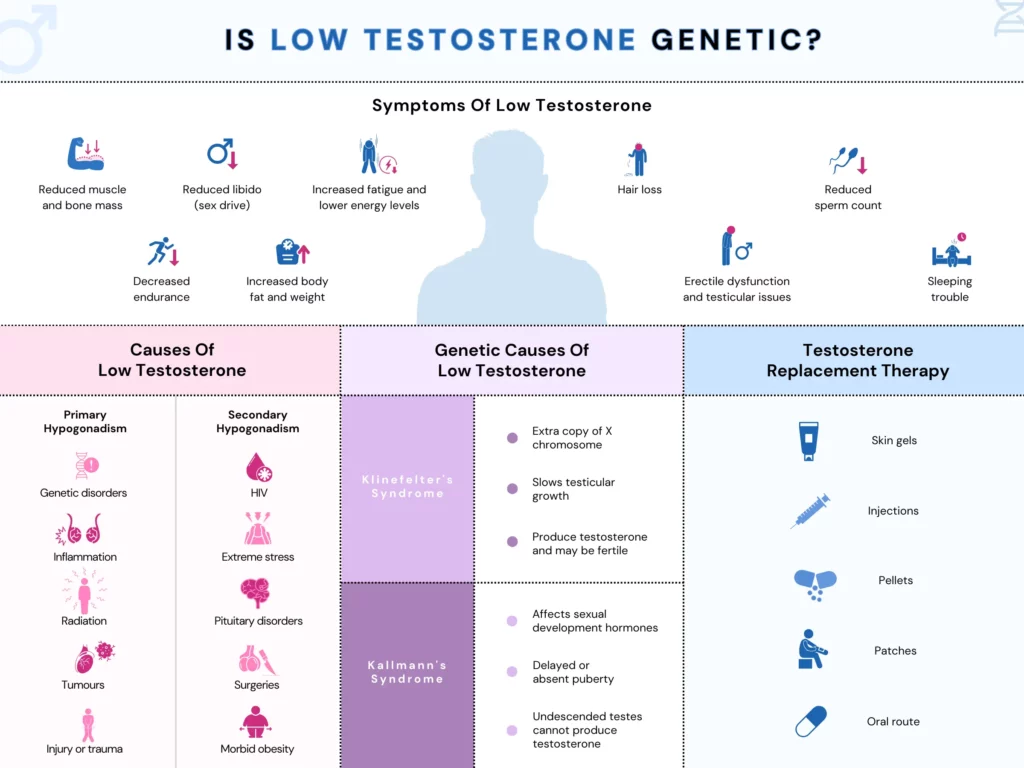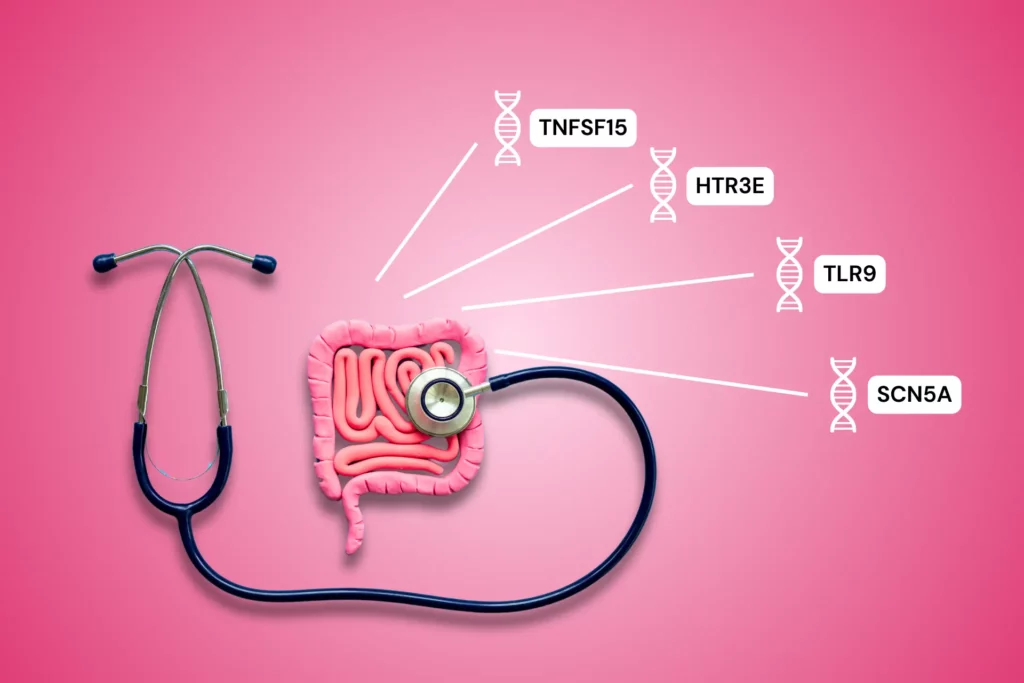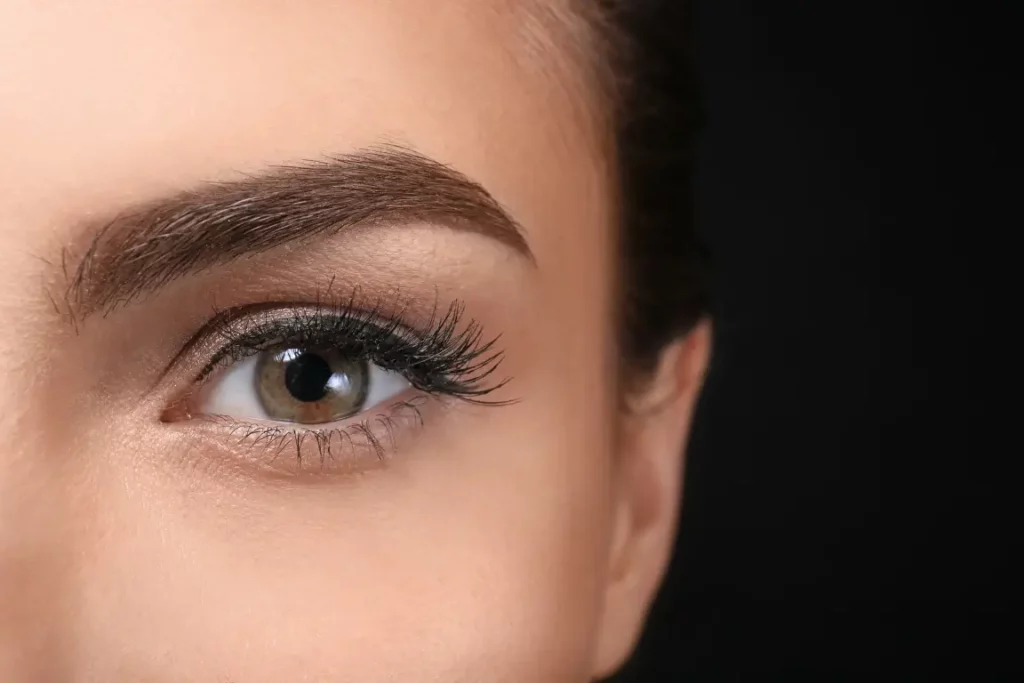Hormonal imbalance is a concept thought to occur most often in females. But did you know that males are also prone to a decrease in testosterone, the male sex hormone? Male hypogonadism is a condition where one’s testicles do not produce adequate amounts of testosterone. It affects libido, sperm count, and sexual ability. Left unchecked, it can affect mental health. What causes low testosterone? Is low testosterone genetic? Let’s find out more in this blog!
Understanding Low Testosterone
Low testosterone or male hypogonadism can be of two types-
- Primary hypogonadism: Due to an underlying testicular disorder.
- Secondary hypogonadism: Due to a dysfunction in the link between the pituitary gland and hypothalamus.
A medical professional can determine the cause of hypogonadism and recommend a suitable treatment plan.
What is Low Testosterone?
The usual range of testosterone (recorded in the morning) is generally 300-1000 nanograms per deciliter (ng/dL).
An individual is diagnosed with hypogonadism if their morning testosterone levels are <300 ng/dL on at least two occasions.
It is important to note that testosterone levels change with age.
The average elderly male has between 500 and 800ng/dL, whereas younger adults can expect a value between 600 and 900.
In addition to the testosterone levels, the doctor also evaluates concurrent symptoms that may indicate hypogonadism before diagnosing the condition.
Symptoms of Low Testosterone
Here are a few common symptoms of low testosterone:
- Reduced muscle mass
- Reduced bone mass
- Reduced libido (sex drive)
- Increased fatigue and lower energy levels
- Decreased endurance
- Increased body fat and weight
- Hair loss
- Erectile dysfunction and other erection-related issues
- Reduced size of testicles
- Sleeping trouble
- Reduced sperm count
Causes of Low Testosterone
There are several possible causes of low testosterone.
Causes Of Primary Hypogonadism
This kind of hypogonadism occurs when an inherent problem prevents the testicles from producing adequate amounts of testosterone.
Some conditions that could lead to primary hypogonadism are:
- Absence of testicles
- Failure of testicles to descend into the scrotal sac
- Klinefelter’s syndrome
- Noonan syndrome
- Myotonic dystrophy
In addition to these genetic causes of low testosterone, other acquired causes include:
- Orchitis (Inflammation of one or both testicles)
- Chemotherapy or radiation therapy of your testicles
- Some tumours
- Injury or trauma to the testicles
Causes Of Secondary Hypogonadism
As the name suggests, this type of hypogonadism occurs secondary to other conditions as a side effect.
Some of these conditions include:
- Kallman syndrome
- Pituitary disorders
- HIV
- Obesity
- Trauma
- Surgery
- Stress-induced hypogonadism
What Is The Main Cause Of Low Testosterone In Men?
Most males experience lower testosterone levels as they age.
However, certain health conditions, genetic changes, and medications can also cause low testosterone in men.

The Genetic Link To Low Testosterone
In addition to the causes of low testosterone mentioned above, there is a strong genetic link that may cause the condition.
Is Low Testosterone Genetic?
Substantial evidence suggests abnormal gene changes (mutations) may affect testosterone levels.
Several genes have been identified that may increase the risk for low testosterone in males.
A 2021 study identified 114 new genetic markers that can assist doctors in determining the chances of males developing low testosterone in adulthood.
However, low testosterone is not considered a genetic condition.
Genetic Disorders Associated With Low Testosterone
Low testosterone is a common side effect of some genetic disorders, especially those that target the sex chromosomes.
Klinefelter’s Syndrome
This is a condition in which someone assigned male at birth has an extra copy of the X chromosome (XXY) instead of the usual XY.
It is a prenatal genetic condition but is not usually diagnosed until adulthood.
Klinefelter syndrome affects testicular growth, resulting in smaller testicles.
In turn, shrunken testicles produce very little testosterone and sperm.
Assisted reproductive technologies (ART) can help people with Klinefelter’s to have children naturally.
Kallmann Syndrome
This syndrome is characterized by delayed or absent puberty.
It is a type of hypogonadotropic hypogonadism, meaning it affects the production, release, and effect of hormones that promote sexual development.
People born with Kallmann syndrome are born with a small penis and undescended testes.
Therefore, these individuals produce little or no testosterone and have delayed or absent puberty.
Hereditary Factors
Some causes of low testosterone are heritable.
People with a family history of low testosterone may be at a heightened risk of developing the condition.
Different genetic conditions that cause male hypogonadism have different inheritance patterns.
Some may be dominant, meaning you will inherit the condition if one parent has it.
Others could be recessive, meaning you can only inherit the condition if both parents have it.
X-linked inheritance is more complex, determined by your mother’s carrier status and whether or not your father carries the gene for that condition.
Diagnosis And Treatment
Rena Malik, MD, is a board-certified urologist with specialized training in Female Pelvic Medicine, Reconstructive Surgery, and Sexual Medicine.
She explains why measuring testosterone in the morning is essential, saying, “Among men with traditional sleep patterns… ..your peak testosterone values occur between 3 and 8 AM. They’ve looked at total testosterone levels at 4 PM… and found that they’re 20-25% lower than measurements taken at 8 AM.”
If your doctor suspects low testosterone, they will perform a physical examination and recommend a few tests to determine the level of:
- Total testosterone
- Luteinizing hormone
- Prolactin
Low testosterone is treated using testosterone replacement therapy.
It is available in different forms, such as:
- Skin gels
- Intramuscular injections
- Testosterone patches
- Testosterone pellets
- Oral testosterone.
What Are The Risks Of Testosterone Therapy?
While testosterone therapy is routinely performed in males with low levels of the hormone, it does carry some risk.
A small number of males may experience the following risks of testosterone therapy:
- Acne
- Disturbed breathing while sleeping (worsening of sleep apnea)
- Breast swelling and tenderness
- Swelling in the ankles
- High risk of blood clotting and cardiovascular diseases
Depending on your overall health and the presence of other comorbidities, your doctor will determine if you are a candidate for testosterone therapy.
Frequently Asked Questions
Can You Go From Low Testosterone To Normal?
In many cases, testosterone replacement therapy can help restore the levels of the hormone in the affected individual.
If the low testosterone is due to genetic or congenital causes, a one-time fix may not work.
If the low testosterone is due to modifiable factors like medications or poor lifestyle, making the required changes can help restore normal testosterone levels.
How Can I Increase My Testosterone Levels Naturally?
In addition to genetic changes, a poor lifestyle can lower testosterone levels.
Here are a few ways to increase your testosterone levels naturally:
- Get regular exercise. Weight lifting and HIIT (High-Intensity Interval Training) can help boost testosterone levels)
- Eat a well-balanced diet with balanced protein, fat, and carbohydrates.
- Minimise stress levels, as they can significantly improve your testosterone levels.
- If you are deficient in vitamin D, consult your doctor to take the required measures.
- Take supplements containing zinc (after consulting a doctor), as it is believed to support testosterone production.
- Get plenty of good quality and restful sleep.
- Curb or reduce your alcohol intake.
Does Low Testosterone Affect Fertility?
Low testosterone affects 15% of subfertile males (males with lower fertility), but it does not have a direct link to fertility.
Studies have shown that having low testosterone does not impact semen volume, sperm count, motility, or other fertility parameters.
Summary: Is Low Testosterone Genetic?
- Hypogonadism is a hormonal condition in men marked by unhealthily low testosterone levels.
- It can be of two types- primary and secondary hypogonadism.
- Low testosterone can be brought on by genetic conditions such as Klinefelter's syndrome and Kallmann syndrome. Different genetic conditions have different heritability patterns, so the exact mode of inheriting low testosterone may differ.
- Low testosterone may also be caused by acquired factors like diseases, injuries, or trauma to the testicles.
- After measuring testosterone levels, the patient is diagnosed and put on testosterone replacement therapy. Congenital hypogonadism is harder to rectify.
Others Are Also Reading

Is Irritable Bowel Syndrome (IBS) Hereditary? What Is Your Genetic Risk

Are Thick Eyebrows Genetic?

Is Flexibility Genetic?
References
- https://www.optimale.co.uk/is-low-testosterone-genetic/
- https://my.clevelandclinic.org/health/diseases/15603-low-testosterone-male-hypogonadism
- https://prioritymensmedical.com/blog/is-low-testosterone-genetic-research/
- https://balancemyhormones.co.uk/is-low-testosterone-hereditary/
- https://www.mayoclinic.org/diseases-conditions/male-hypogonadism/symptoms-causes/syc-20354881
- https://www.sciencedirect.com/science/article/pii/S2666168321000847
- https://trtnation.com/is-your-low-testosterone-hereditary-unraveling-the-genetic-link/
- https://lowtcenter.com/news-article/is-low-testosterone-genetic/
- https://www.medicalnewstoday.com/articles/322647




